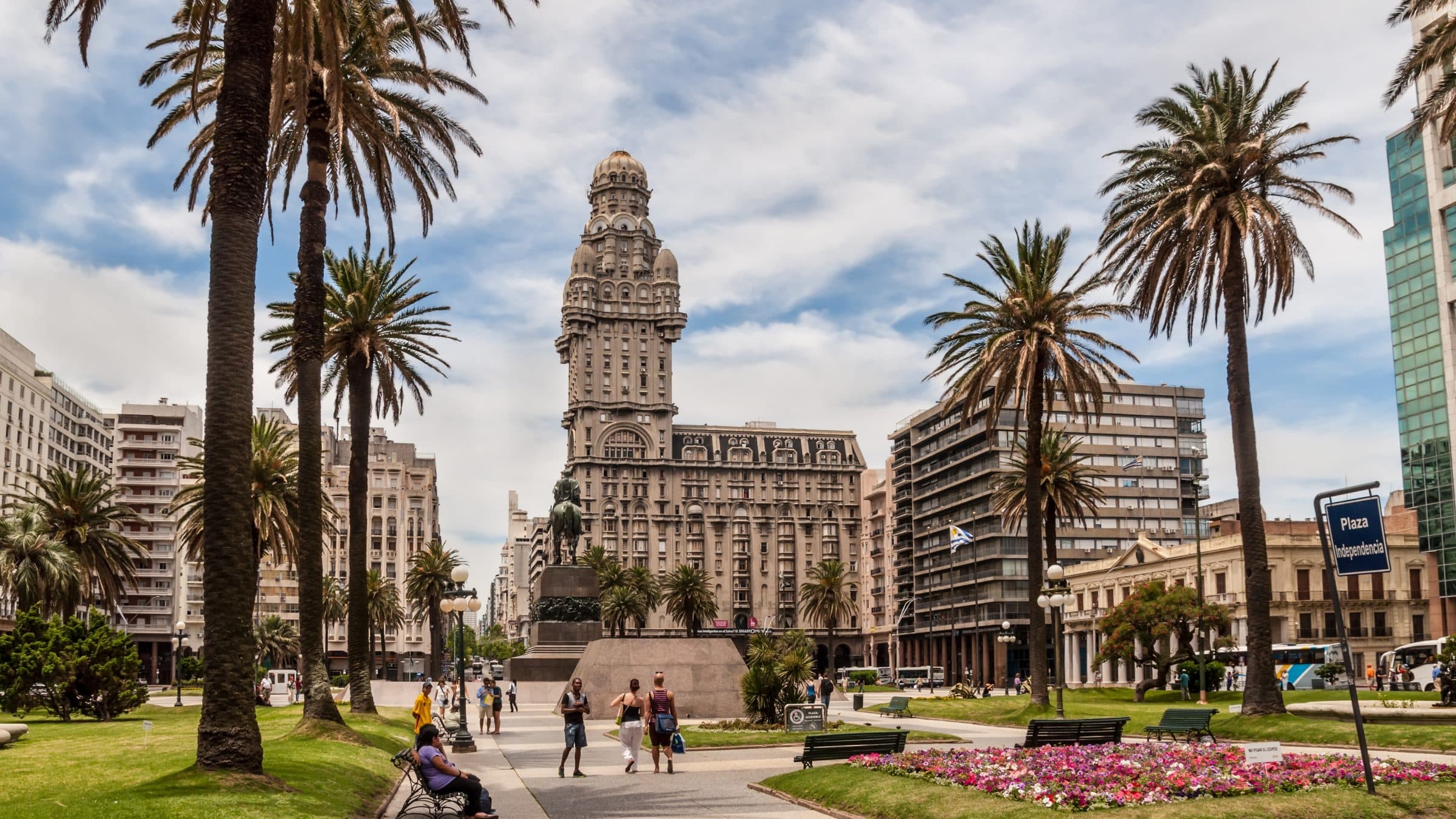It seemed that legislators in Uruguay were beginning to approach a way to settle differences and find a path to greenlight online gambling. However, they failed in the final stretch, and the project will now have to wait.


After the Senate signed off on the legislation, the initiative made its way to the Finance Commission of the House of Representatives. At the time, November 30 was the deadline to settle the differences between the legislative parties, as well as propose modifications to the project.
That day passed and now, 20 days into the December, there are still no agreements. Lawmakers are about to go on an extended break for three months, which means no progress will be made until next March.
There’s Always Tomorrow
The president of the Finance Commission, Álvaro Viviano , told local media outlet La Diaria that the delay is the result of a request by lawmakers for more time to analyze the project. Unless there is a sudden reversal of their opinions, he added that it will be impossible for the measure to appear for a vote before the recess.
Viviano pointed out that, in his opinion, the process of discussion was already “mature” and there was “some idea of advanced talks” about proposed modifications. However, he emphasized that the chamber’s version is not even close to what the Senate proposed.
Some politicians want a new gambling regulatory agency and legalized sports betting. If those options are added, according to La Diaria, they are willing to vote on the project.
Other House legislators essentially agree with the Senate version. However, they would like to see simple improvements that, in theory, would be easy to approve and find support in the Senate.
There are still others who want to completely rewrite the script. In typical political fashion, they don’t agree with anything the Senate said, and this almost guarantees no progress will come in the current session.
The national director of Casinos, Gustavo Anselmi, has also participated in the congressional discussions. He envisions a plan that would see online gaming operators pay the same as their land-based counterparts, with his office overseeing the activity. However, some lawmakers are pushing for a new entity to take control.
Backlash From Land-based Gambling
There has been resistance to the idea of introducing legalized online gambling from the land-based gambling segment. Notably, one of the largest workers’ unions in the country is working to prevent it from moving forward.
The Executive Secretariat of the Inter-union Plenary of Workers – National Convention of Workers (PIT-CNT, for its Spanish acronym) expressed concern about the scope and the “economic and social consequences” of the bill. He reportedly told lawmakers that legalized online gaming would cause “serious harm to society” and a “reduction in the level of revenue” for the country.
Those arguments echo comments the national Federation of Gambling Workers (Fenaju, for its Spanish acronym) made this past October. It, too, argued that online gaming would lead to irreparable harm.
That is despite the fact that lawmakers readily admit that online gaming is already taking place in Uruguay. However, all of that money goes offshore, with the state unable to collect taxes on any of it.
There’s no evidence that online gaming has an immediate impact on the land-based segment. In most instances, as supported by the results in Atlantic City’s casinos and elsewhere, retail casinos have continued to see increases in revenue. This is despite growing interest in online alternatives.
Multiple studies have shown that the land-based gambler and the online gambler are two separate types of individuals. In other words, the online gambler is not someone who would have typically preferred to visit a retail casino in the first place.
Online gaming supporters in Uruguay, including those in the government, believe that the segment could deliver as much as $10 million a year once lawmakers figure out their differences. Until that happens, though, all of the money will continue to leave the country, with almost none making its way to land-based gambling properties.
The post Paraguay Postpones Online Gaming Discussion Until Next Year appeared first on Casino.org.
